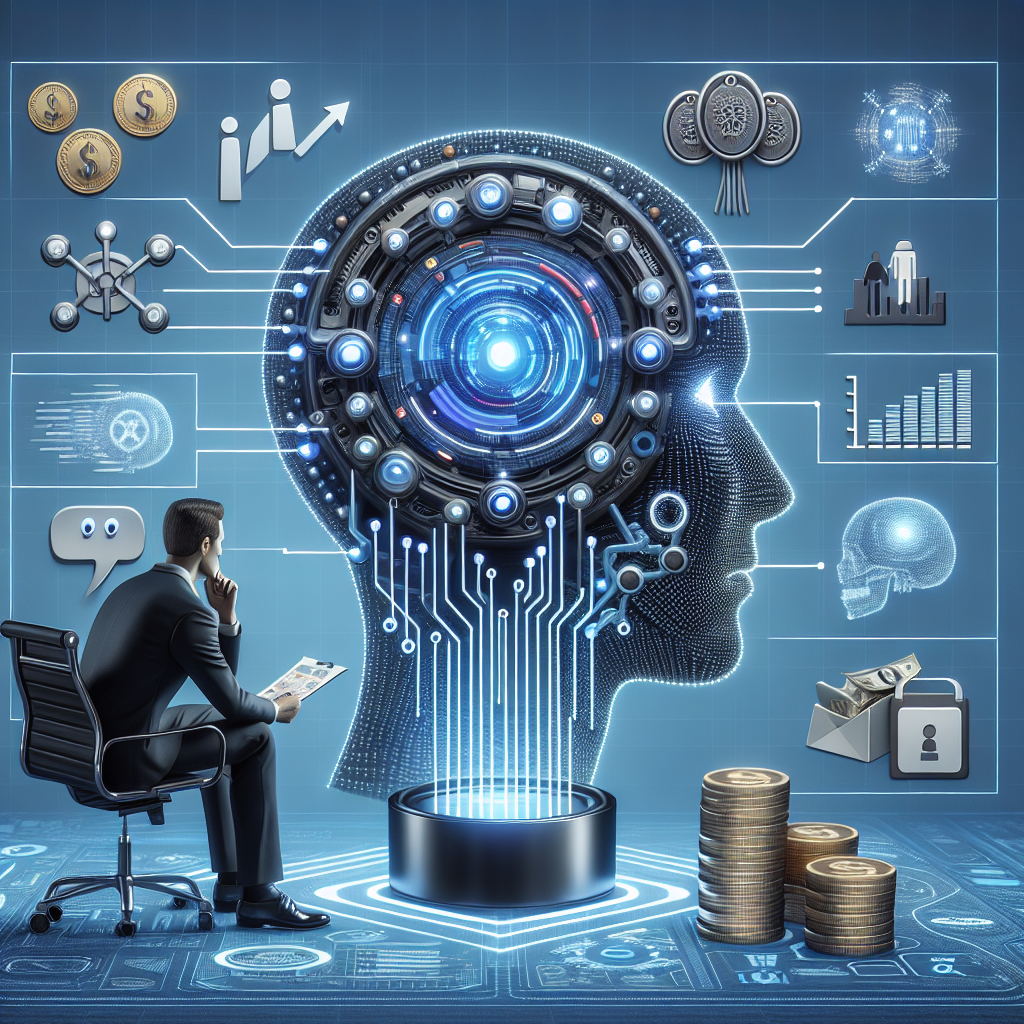The Implications of AGI on the Job Market and Economy
Artificial General Intelligence (AGI) is a term that refers to a type of artificial intelligence that possesses the ability to understand, learn, and apply knowledge in a manner that is comparable to human intelligence. While AGI is still largely in the realm of theoretical research, many experts believe that it has the potential to revolutionize various industries and sectors, including the job market and economy.
As AGI technology continues to advance, there are significant implications for the job market and economy. From automation and job displacement to new job creation and economic growth, the impact of AGI on the workforce and economy will be far-reaching and complex. In this article, we will explore the implications of AGI on the job market and economy, and examine how businesses, policymakers, and individuals can prepare for the changes that are likely to come.
Automation and Job Displacement
One of the most immediate and obvious implications of AGI on the job market is the potential for automation and job displacement. As AGI technology improves and becomes more sophisticated, it is likely that many routine and repetitive tasks currently performed by humans will be automated. This includes tasks in manufacturing, customer service, transportation, and other industries.
While automation has the potential to increase efficiency and productivity, it also raises concerns about job displacement. Many workers may find themselves out of a job as machines and AI systems take over their roles. This could lead to widespread unemployment and economic hardship for those who are unable to find new employment.
New Job Creation and Economic Growth
On the flip side, AGI also has the potential to create new jobs and spur economic growth. As automation takes over repetitive tasks, workers will be freed up to focus on more complex and creative tasks that require human intelligence and creativity. This could lead to the creation of new jobs in fields such as data analysis, machine learning, and AI programming.
Additionally, the development and deployment of AGI technology are likely to create new business opportunities and stimulate economic growth. Companies that are able to harness the power of AGI to improve their products and services will be at a competitive advantage in the market. This could lead to increased innovation, productivity, and overall economic prosperity.
Impact on Skills and Education
The rise of AGI is also likely to have a significant impact on the skills and education required for the workforce of the future. As automation takes over routine tasks, workers will need to develop new skills in order to remain competitive in the job market. This may require retraining and upskilling programs to help workers transition to new roles and industries.
Additionally, the education system will need to adapt to prepare students for a world where AGI technology is prevalent. Schools and universities may need to incorporate more training in computer science, data analysis, and AI programming to ensure that students are equipped with the skills they need to succeed in the workforce.
Policy Implications
The implications of AGI on the job market and economy are not just limited to businesses and individuals. Policymakers will also need to consider how to regulate and govern the use of AGI technology in order to ensure that it is used in a responsible and ethical manner. This may include developing policies around data privacy, algorithm bias, and worker displacement.
Additionally, policymakers may need to consider implementing programs to support workers who are displaced by automation. This could include job training programs, unemployment benefits, and other forms of support to help workers transition to new roles and industries.
FAQs
Q: Will AGI technology lead to widespread job loss?
A: While AGI has the potential to automate many routine tasks currently performed by humans, it is also likely to create new jobs and spur economic growth. The impact of AGI on the job market will depend on how businesses, policymakers, and individuals adapt to the changes.
Q: What skills will be in demand in a world with AGI technology?
A: In a world with AGI technology, skills such as data analysis, machine learning, and AI programming are likely to be in high demand. Workers will need to develop new skills in order to remain competitive in the job market.
Q: How can businesses prepare for the rise of AGI technology?
A: Businesses can prepare for the rise of AGI technology by investing in training and upskilling programs for their employees, embracing innovation and automation, and staying informed about the latest developments in the field of AI.
In conclusion, the implications of AGI on the job market and economy are vast and complex. While automation and job displacement are likely to pose challenges for many workers, AGI also has the potential to create new jobs, spur economic growth, and drive innovation. Businesses, policymakers, and individuals will need to adapt to the changes that are likely to come in order to thrive in a world where AGI technology is prevalent.

